best way to treat blackspot ?
Nan
8 years ago
Featured Answer
Sort by:Oldest
Comments (25)
Related Professionals
Canton Landscape Architects & Landscape Designers · Windham Landscape Architects & Landscape Designers · Deer Park Landscape Architects & Landscape Designers · East Rancho Dominguez Landscape Architects & Landscape Designers · Saint Charles Landscape Architects & Landscape Designers · Roxbury Crossing Landscape Architects & Landscape Designers · Brookside Landscape Contractors · Brookfield Landscape Contractors · Davidson Landscape Contractors · Gainesville Landscape Contractors · Milton Landscape Contractors · North Ridgeville Landscape Contractors · Ocoee Landscape Contractors · Peoria Landscape Contractors · Maple Heights Landscape Contractorsjim1961 / Central Pennsylvania / Zone 6
8 years agolast modified: 8 years agosheckylovejoy
8 years agoarlene_82 (zone 6 OH)
8 years agonikthegreek
8 years agokublakan
8 years agomudpie7
8 years agomudpie7
8 years agomudpie7
8 years agomudpie7
8 years agodiane_nj 6b/7a
8 years agoMila Ski (Z5 Chicago)
8 years agorosecanadian
8 years agomudpie7
8 years agoPatty W. zone 5a Illinois
8 years agoMila Ski (Z5 Chicago)
8 years agojjpeace (zone 5b Canada)
8 years agojmorris271 Morris
8 years agolast modified: 8 years agojessjennings0 zone 10b
8 years agolast modified: 8 years agoNan
8 years ago
Related Stories

REMODELING GUIDESTearing Down a Wall? 6 Ways to Treat the Opening
Whether you want a focal point or an invisible transition, these ideas will help your wall opening look great
Full Story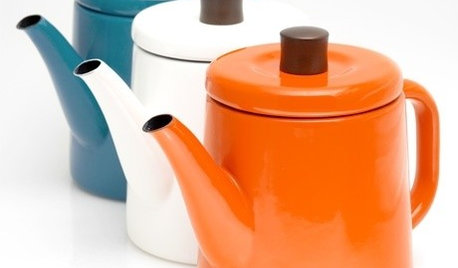
PRODUCT PICKSGuest Picks: Treat Yourself to Teatime Designs
One more reason to quit coffee? Tea accessories are way cooler. Set the kettle on and see what's brewing in tea drinking design
Full Story
SHOP HOUZZShop Houzz: Tricks and Treats for Grown-Ups and Kids
Illusions, decor and party accessories for a frightfully fun celebration
Full Story0

ARCHITECTUREStyle Divide: How to Treat Additions to Old Homes?
One side says re-create the past; the other wants unabashedly modern. Weigh in on additions style here
Full Story
SHOP HOUZZA Feast of Treats for Valentine’s Day Breakfast
Give them as gifts or indulge yourself. These goodies from the Houzz Products section will start your day on a romantic note
Full Story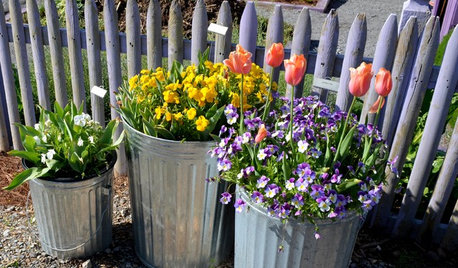
EDIBLE GARDENSSee How a Practical Garden Can Be a Visual Treat, Too
A university edible garden overflows with ideas for growing produce and flowers in containers, beds — or a pickup truck
Full Story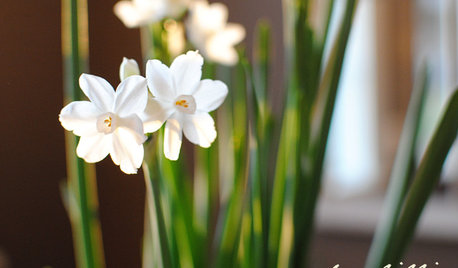
DECORATING GUIDESTreat Yourself to Spring Blooms in Winter
Get a jump on spring with a fragrant pot of paperwhites and other bulbs indoors
Full Story
ORANGETreat Your Rooms to Pumpkin Pie Orange
Stir some pumpkin colors into your interiors for design deliciousness that lasts well beyond Thanksgiving
Full Story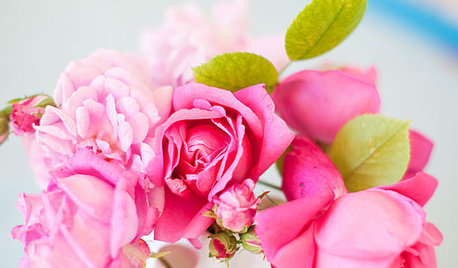
BUDGET DECORATINGSimple Pleasures: Treat Yourself to Cut Flowers
Enjoy priceless beauty with just a few inexpensive stems — and you don’t need fancy vases, either
Full Story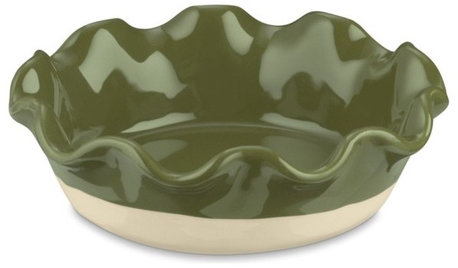
PRODUCT PICKSGuest Picks: Baking and Decorating Goodies for Fall Treats
Cutters, pans, sprinkles and other kitchen supplies to make your fall baked goods look as yummy as they taste
Full StoryMore Discussions







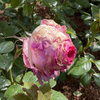

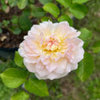
Patty W. zone 5a Illinois